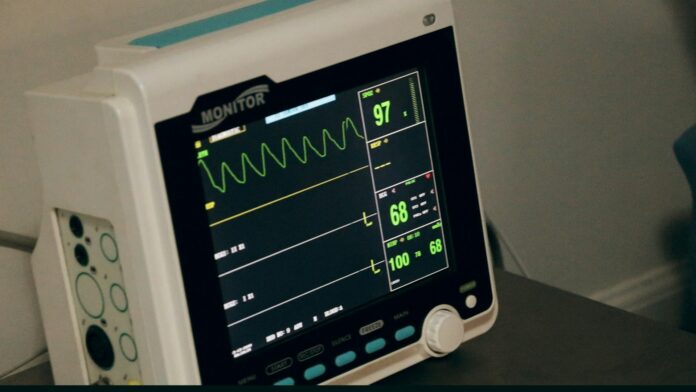Cardiologists provide essential coping strategies to mitigate anger’s impact on cardiovascular health
A recent study reveals that just eight minutes of anger per day may significantly boost the risk of a heart attack, according to findings published in the Journal of the American Heart Association. This groundbreaking research conducted on 280 healthy young adults showed that short bursts of anger could lead to long-term cardiovascular issues.
During the study, participants were asked to recall anger-inducing experiences for eight minutes while their heart-related metrics, such as blood pressure and blood vessel health, were monitored. The results showed a stark reduction in blood vessel dilation among those who focused on anger, potentially increasing their risk of heart attack or stroke by 50% within 40 minutes of the task.
Embed from Getty ImagesDr. Daichi Shimbo, the lead study author from Columbia University Irving Medical Center, highlighted the accumulative risk of frequent anger, stating that “This chronic insult to your arteries may eventually lead to permanent damage.” The study also pointed out that anxiety and sadness did not produce the same negative effects on blood vessel function, underscoring the unique impact of anger on cardiovascular health.
Experts emphasize the importance of managing anger to maintain heart health. Dr. Jim Liu, a cardiologist at The Ohio State University Wexner Medical Center, noted that psychosocial factors are crucial in cardiovascular disease management. “This study showed that anger can cause acute, measurable changes in blood vessel function, which could be detrimental to cardiovascular health in the long run,” Liu explained.
Dr. Gary Small, chair of the psychiatry department at Hackensack University Medical Center, shared seven strategies to effectively cope with anger:
1. Recognize your triggers to better manage reactions.
2. Employ relaxation techniques like meditation to improve mood and cognitive function.
3. Think before reacting to mitigate negative outbursts.
4. Engage in physical activities to alleviate stress.
5. Shift thinking patterns to focus on rational thoughts over emotional reactions.
6. Learn effective communication to express needs without anger.
7. Seek professional help if anger is persistent, which may indicate deeper mental health issues.
This study serves as a crucial reminder of the need to prioritize not only physical but also emotional health to prevent serious health issues like heart attacks
